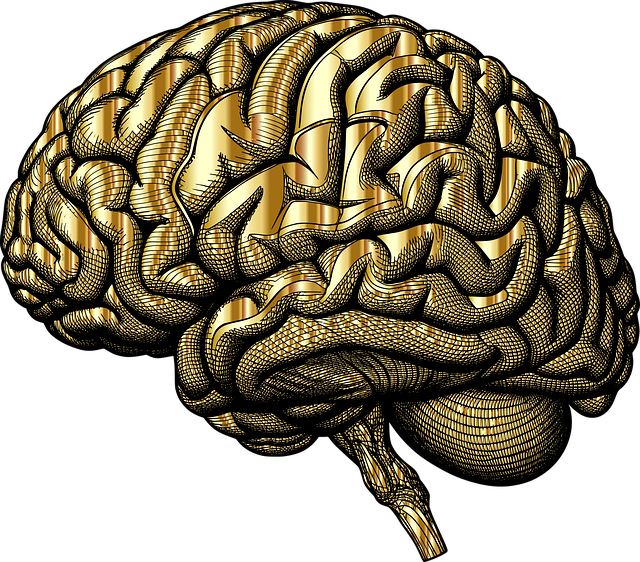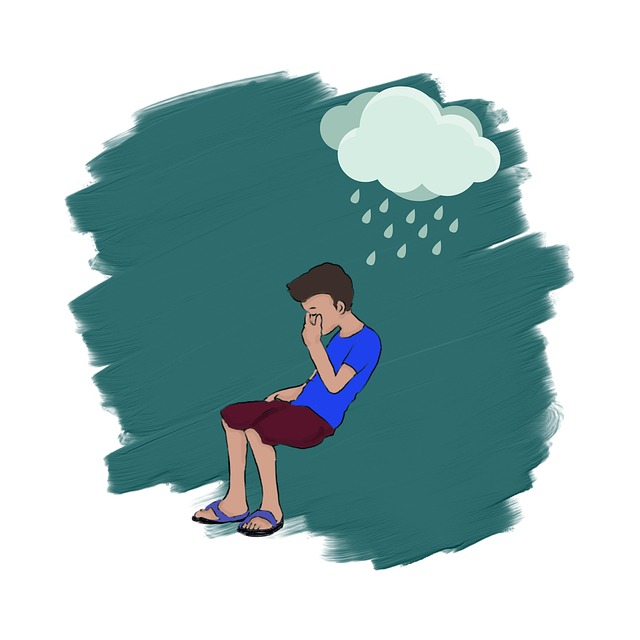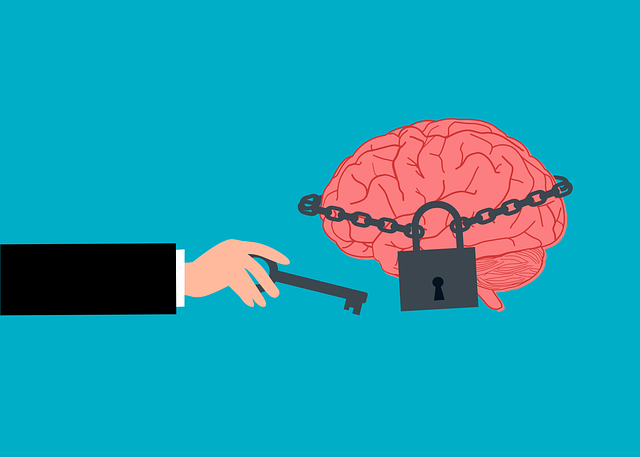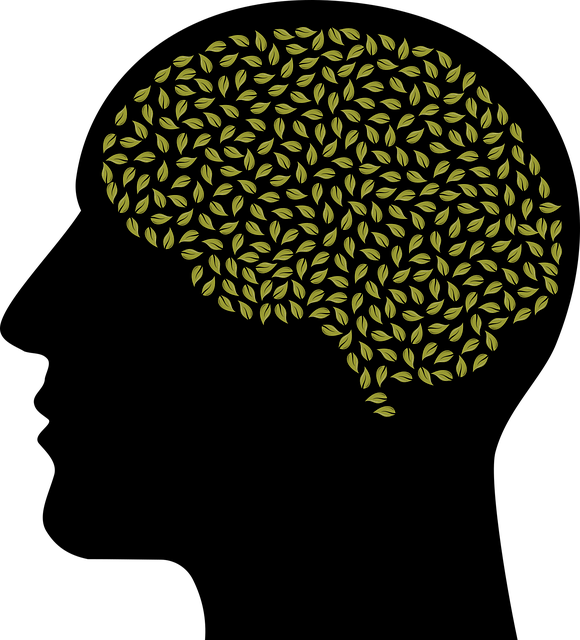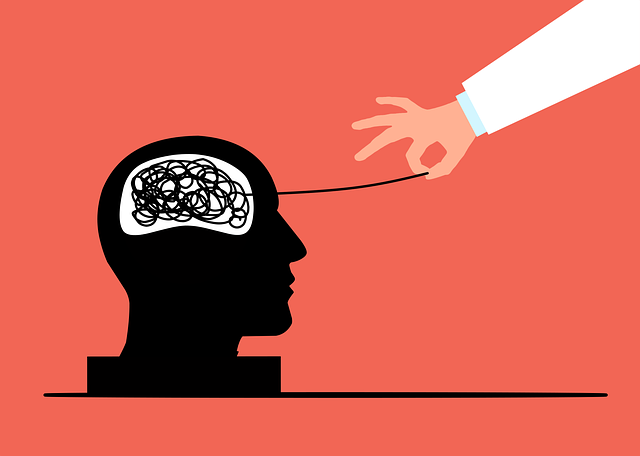Mental wellness self-assessment tools, inspired by Lone Tree Anger Management Therapy, are powerful catalysts for personal growth and professional development. These digital platforms leverage advanced algorithms and expert-curated questions for personalized assessments, enhancing risk management planning and tailored interventions. Through evidence-based techniques like Social Skills Training and Emotional Healing Processes, these tools promote emotional well-being through self-reflection and skills training, leading to increased satisfaction and improved client outcomes. Accessible online resources cater to diverse populations, with continuous improvement driven by user feedback and regular assessments.
Mental wellness self-assessment tools play a pivotal role in individual growth, offering valuable insights for personal development. This article explores the evolution of such tools, with a focus on the unique approach of Lone Tree Anger Management Therapy. We delve into strategies for developing effective assessments, ensuring accuracy and relevance. By examining case studies, we highlight successful implementation, emphasizing the importance of continuous improvement to meet modern mental health challenges. Discover how these tools can empower individuals, drawing from the expertise of Lone Tree Anger Management Therapy in enhancing overall well-being.
- Understanding Mental Wellness Self-Assessment Tools
- The Role of Lone Tree Anger Management Therapy
- Developing Effective Self-Assessment Tools
- Implementation and Continuous Improvement Strategies
Understanding Mental Wellness Self-Assessment Tools

Mental wellness self-assessment tools play a pivotal role in empowering individuals to take charge of their mental health and emotional well-being. These tools serve as valuable resources for both personal growth and professional development, especially in fields like Lone Tree Anger Management Therapy. They facilitate an introspective process, allowing users to evaluate their thoughts, feelings, and behaviors. By understanding one’s mental wellness state, individuals can identify areas of concern, set personal goals, and take proactive steps towards improvement.
In the context of mental health professionals, integrating self-assessment tools into practice can enhance risk management planning. It enables practitioners to gain deeper insights into their clients’ psychological states, thereby tailoring interventions more effectively. Moreover, these tools promote emotional well-being by encouraging self-reflection and fostering skills like stress management, emotional regulation, and social skills training. This holistic approach contributes to both personal satisfaction and improved client outcomes.
The Role of Lone Tree Anger Management Therapy

Lone Tree Anger Management Therapy plays a pivotal role in mental wellness self-assessment tools development by addressing one of the most common yet often overlooked challenges—anger management. Effective anger control is essential for maintaining healthy relationships and emotional stability, two critical components of overall mental wellness. This therapy offers a structured framework for individuals to understand their triggers, recognize unhealthy patterns, and learn constructive ways to express and manage anger.
By integrating evidence-based techniques, such as Social Skills Training and Emotional Healing Processes, Lone Tree Anger Management Therapy enhances self-awareness and promotes positive coping strategies. Additionally, it guides participants through Mental Wellness Journaling Exercise Guidance, enabling them to track their emotions, identify recurring themes, and make data-driven adjustments to their mental wellness routines. This holistic approach not only helps in managing anger but also fosters personal growth and resilience.
Developing Effective Self-Assessment Tools

Developing effective self-assessment tools is a vital step in enhancing mental wellness and emotional healing processes. These tools serve as valuable resources, enabling individuals to gain profound insights into their psychological state and identify areas for improvement. One such innovative approach could be the creation of an interactive digital platform inspired by Lone Tree Anger Management Therapy, offering personalized assessments tailored to various mental health concerns. By incorporating advanced algorithms and expert-curated questions, these tools can provide accurate evaluations, ensuring users receive relevant guidance and support.
The process involves careful consideration of factors like user experience, privacy, and data security. A well-designed self-assessment should be user-friendly, allowing individuals to easily navigate through a series of questions related to their emotions, behaviors, and thought patterns. Incorporating features from the Burnout Prevention Strategies for Healthcare Providers, such as regular feedback mechanisms and progress tracking, can further enhance the tool’s effectiveness. This ensures that users not only gain immediate insights but also receive ongoing support throughout their emotional healing journeys.
Implementation and Continuous Improvement Strategies

The development of self-assessment tools for mental wellness is a dynamic process that requires ongoing refinement and adaptation to meet evolving needs. Implementation strategies should focus on accessibility, ensuring these tools are available to diverse populations through digital platforms or community outreach programs. For instance, Lone Tree Anger Management Therapy can offer online resources that promote anger management skills, catering to individuals who prefer remote access or have limited mobility.
Continuous improvement involves gathering user feedback and conducting regular assessments of the tool’s effectiveness. Incorporating elements like Social Skills Training and encouraging positive thinking through interactive exercises can enhance engagement and outcomes. Additionally, advocating for a holistic approach within the broader Mental Health Policy Analysis and Advocacy landscape ensures that self-assessment tools are not isolated but integrated into comprehensive mental health support systems.
Mental wellness self-assessment tools play a pivotal role in individual growth, especially through programs like Lone Tree Anger Management Therapy. By effectively assessing mental health, these tools empower individuals to take charge of their well-being and seek appropriate support. Through continuous development and implementation strategies, we can enhance their accuracy and accessibility, ensuring better mental healthcare for all. This approach not only benefits those seeking therapy but also contributes to a healthier, more resilient society.




